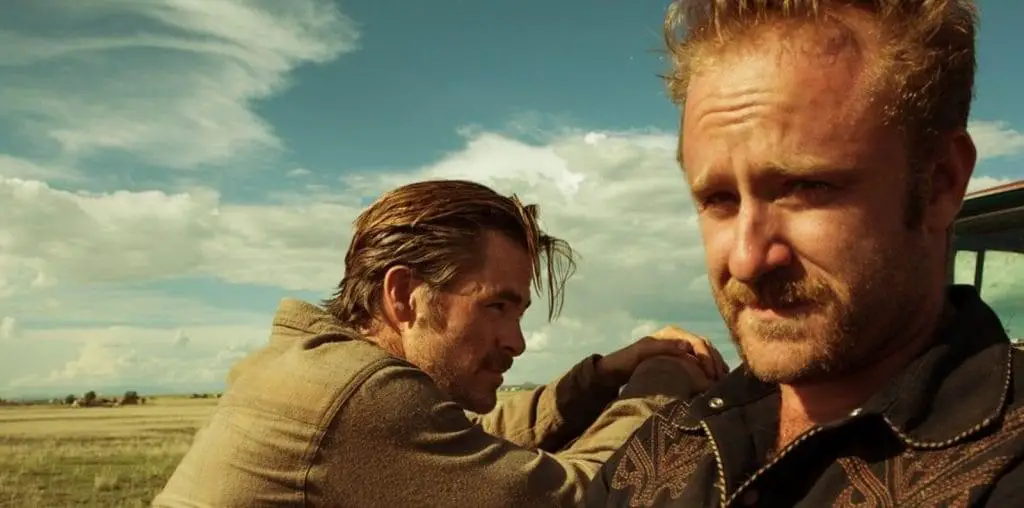
I’ve said this before, but one of the worst parts of dying in a violent fashion is that the focus of your entire life often becomes the sensationalist manner in which you died, rather than the scope of how you lived. For those who died in famous acts of violence (Columbine, 9/11, Waco, etc), the manner in which they met their end becomes the focal point of discussing their existence.
“Dear Zachary: A Letter to a Son About His Father” began as a project to remedy that situation for at least one victim of violence. When Dr. Andrew Bagby was murdered by an unstable ex-girlfriend in 2001, his friend, filmmaker Kurt Kuanne, decided to make a documentary about his slain friend. He began traveling all around the country to interview friends and family, to record memories, anecdotes, and thoughts about this completely normal man who touched so many lives in small, subtle ways. The film took on a different primary purpose when it was revealed that Andrew’s alleged murderer was pregnant with Andrew’s child. Now Kuanne’s film would be a living, breathing document chronicling the life of Andrew Bagby, intended for Zachary, the son who never got to meet him.
There is more to the story than even that, as eventually Dr. Shelley Turner fled to Canada to attempt to escape prosecution for the murder of her ex-lover and father of her newborn son. The film then also chronicles the legal battle between Shelley and Andrew’s parents, as Zachary’s grandparents fight for custody of their grandson, against his mother, who also happens to have murdered Zachary’s father.
The film’s overall result is a document of towering, devastating emotional impact. Much of the testimonials come from David and Kate Bagby, as they struggled to deal with a grindingly slow Canadian justice system (or, to be fair, a judge or two who made a couple unsound rulings), as Shelly remained free on bail and thus able to negotiate custodial demands for her newborn son. Key moments include the Bagbys not being allowed into the room where Zachary has just been born, and the awkwardness of making nice with the woman who apparently killed their son, for the sake of maintaining a relationship with their grandson.
While the film has the benefit of hindsight, Kuanne plays slightly fairer than you’d expect. For one thing, you never for a minute believe that you’re watching an objective document. Kuanne’s narration is flat and emotionless, and there are many images of Shelly being a seemingly playful and loving mother. Granted, many of those scenes are combined with telephone conversations from Shelly herself which are less than flattering; including one in which she apparently uses her lack of diapers and formula as a bartering device against the grandparents. And, again, while the Canadian justice system does not come off terribly well, it only looks dreadful because Shelly was so obviously guilty.
Aside from the legal dramatics, the core of this story remains David and Kate Bagby being forced by circumstance into an unimaginable situation. At a key moment, David weighs the logistics of choosing to murder Sherry and take Zachary away, reasoning that, even if he was caught and jailed, Zachary would be raised by Kate Bagby. Their grief and sorrow are the lynch pins of this film. By the end, the film is as much a testimonial to Andrew’s parents as it is to Andrew himself.
While openly emotionally manipulative and completely subjective in its analysis, “Dear Zachary: A Letter to a Son About His Father” is a one of a kind film, a searingly sad but utterly fascinating glimpse into the human wreckage left behind by a single act of violence. It takes a potentially sordid true crime case and focuses not on the details of death, but on the effects of life, both the life lost and those left behind to mourn. It is the most moving film of 2008 and is the best theatrical documentary of the year. It absolutely demands your attention and your respect.
